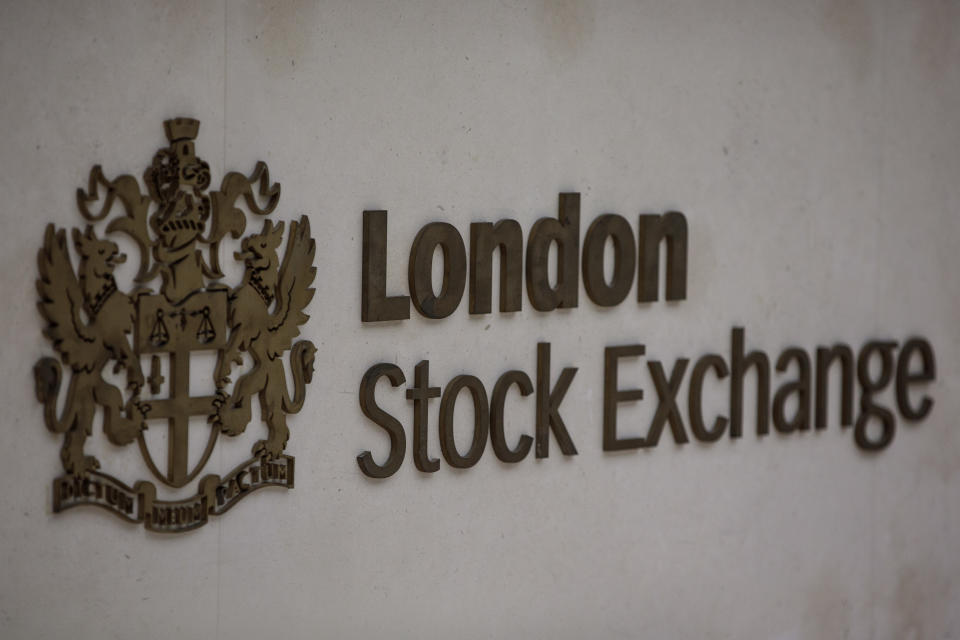Burford Capital goes to court to find who shorted its stock

Burford Capital (BUR.L), the litigation financing company whose stock is down 40% since a research firm said it “actively misleads customers”, is taking the London Stock Exchange to court to demand the identities of the traders who have been shorting its stock.
In a filing submitted by lawyers acting for the AIM-listed company, Burford said there were “strong grounds” to consider that the huge decline in its share price, which knocked almost £1.7bn off the company’s value in one day, was largely as a result of “unlawful trading.”
Burford said it was not possible to identify who was involved in the trading from publicly available data, and said it had made the claim against the London Stock Exchange to obtain their identities.
The company is seeking a Norwich Pharmacal order, which is typically taken against a party who has inadvertently become involved in wrongdoing, to force disclosure of the information.
READ MORE: US short-seller Muddy Waters doubles down on Burford Capital attack
There is no suggestion that the London Stock Exchange has committed any wrongdoing.
In August, US short-seller Muddy Waters issued a 25-page report that claimed that Burford had manipulated its accounts.
The report accused the financing company of “aggressively marking cases in order to generate non-cash fair value gains” and said governance at Burford was “laughter-inducing,” given that the then-CFO was the wife of the founder and CEO.
Burford has consistently denied the accusations and accused Muddy Waters of market manipulation, a charge Muddy Waters has denied. Regulators are investigating.
In a second 12-page report issued later that month, Muddy Waters doubled down on the claims that Burford was showing inflated gains on legal cases it funded, focusing on one case in particular.
It alleged that Burford “egregiously manipulated” returns from the case and said Burford’s initial response to the accusations were “outrageously misleading.”
While Burford has denied the accounting charges, the aggressive reports from the research firm undoubtedly played a part in the company’s decision to replace its chairman and CFO.
The High Court filing released on Monday alleges that the unlawful trading consisted of “spoofing” and “layering” — practices which involve placing large numbers of orders for shares without any genuine intention of buying them.
This is done in order to move the share price, and is considered illegal market manipulation.
Muddy Waters, which is run by US investor Carson Block, has denied that it was involved in any alleged market manipulation.
“Burford is recycling this spoofing and layering quasi-allegation to distract attention from the real issues of its manipulation of financials, decrepit governance, and questions it refuses to answer,” Block said in a statement on Monday.
“Spoofing and layering are issues that have arisen in the high frequency and computer-driven trading world, and Muddy Waters has zero capability to engage in these practices.”
Joshua Mitts, a Columbia University professor who specialises in corporate and securities law, said that he identified “strong evidence” that these practices were used on Burford Capital shares.
In a report produced for Burford Capital, Mitts concludes that “market manipulation in the form of spoofing and layering caused an artificial decline in Burford’s share price.”

 Yahoo Finance
Yahoo Finance 
